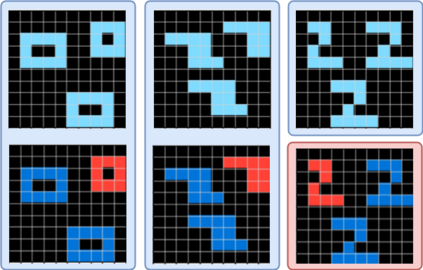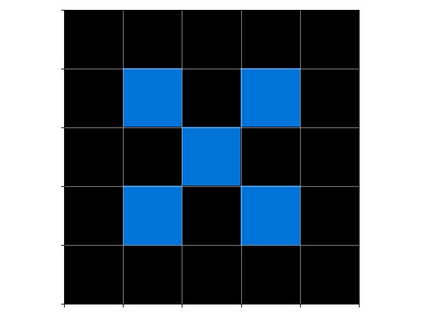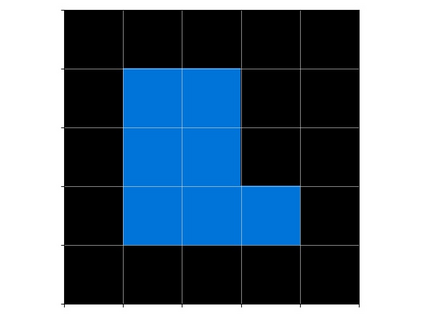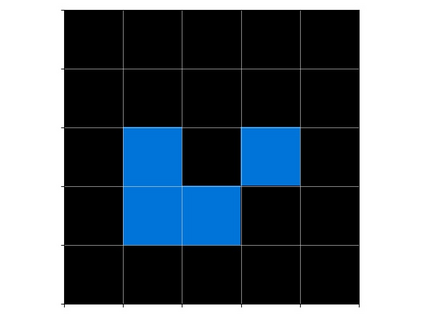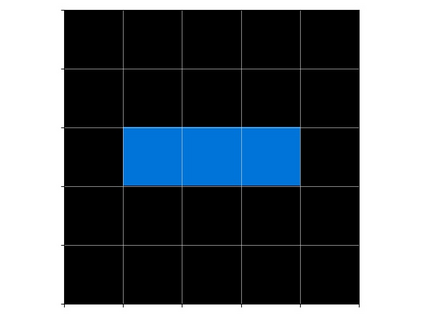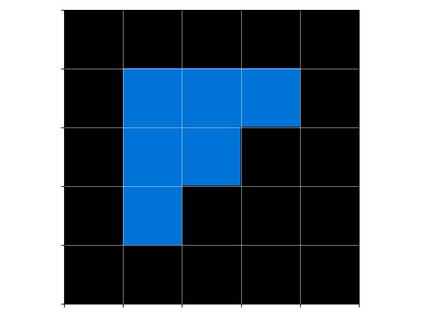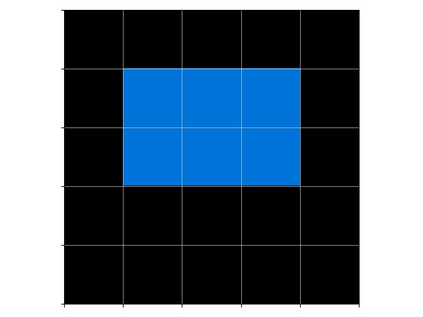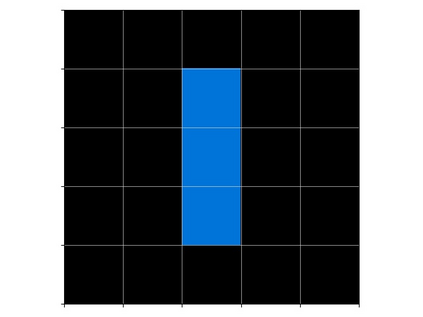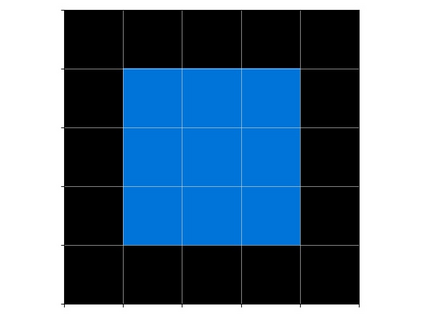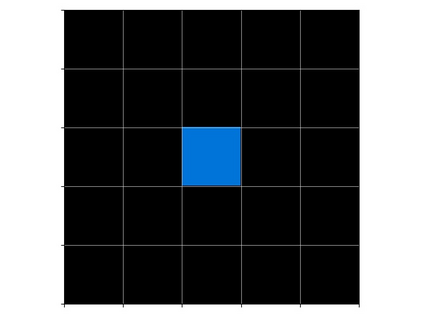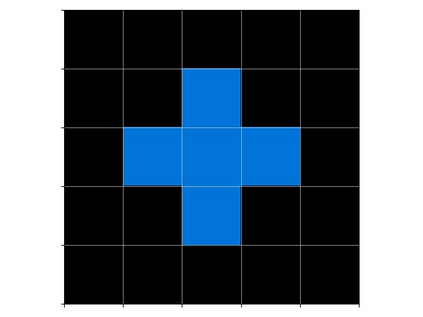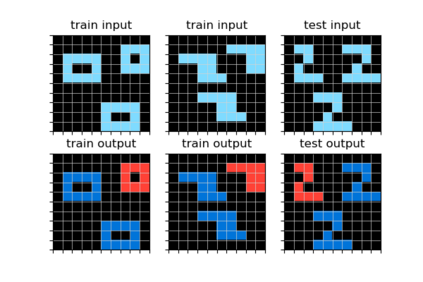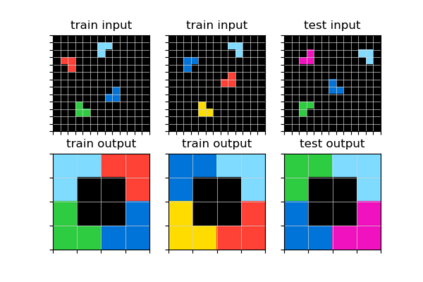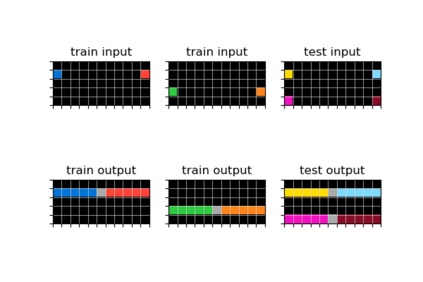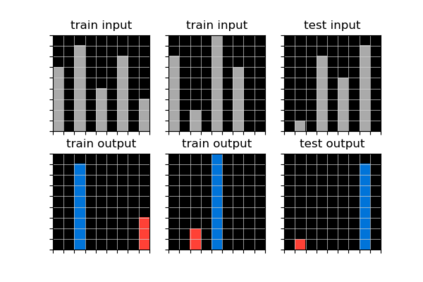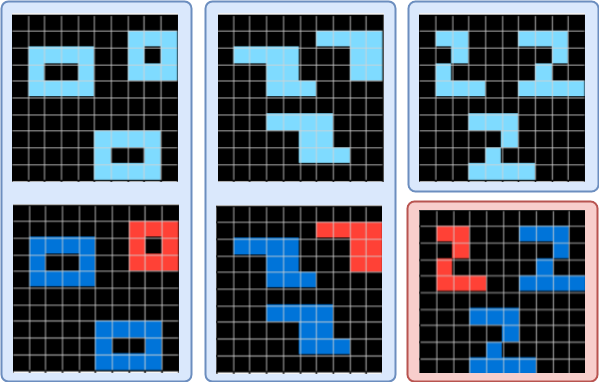While Artificial Intelligence (AI) models have achieved human or even superhuman performance in narrowly defined applications, they still struggle to show signs of broader and more flexible intelligence. The Abstraction and Reasoning Corpus (ARC), introduced by Fran\c{c}ois Chollet, aims to assess how close AI systems are to human-like cognitive abilities. Most current approaches rely on carefully handcrafted domain-specific languages (DSLs), which are used to brute-force solutions to the tasks present in ARC. In this work, we propose a general framework for solving ARC based on natural language descriptions of the tasks. While not yet beating state-of-the-art DSL models on ARC, we demonstrate the immense potential of our approach hinted at by the ability to solve previously unsolved tasks.
翻译:虽然人工智能(AI)模型在狭义的应用程序中取得了人甚至超人的表现,但它们仍然在努力显示更广泛和更灵活的智能迹象。 由Franc{c}ois Chollet介绍的抽象和理性公司(ARC)旨在评估人工智能系统与类似人的认知能力之间的距离。 目前大多数方法都依赖于精心手工制作的域名语言(DSLs),这些语言用来对ARC的任务进行粗力的解决。 在这项工作中,我们提出了一个基于任务自然语言描述的解决ACRC的总体框架。我们虽然还没有超越ARC最先进的DSL模型,但我们展示了我们方法的巨大潜力,我们所暗示的就是有能力解决以前尚未解决的任务。</s>

